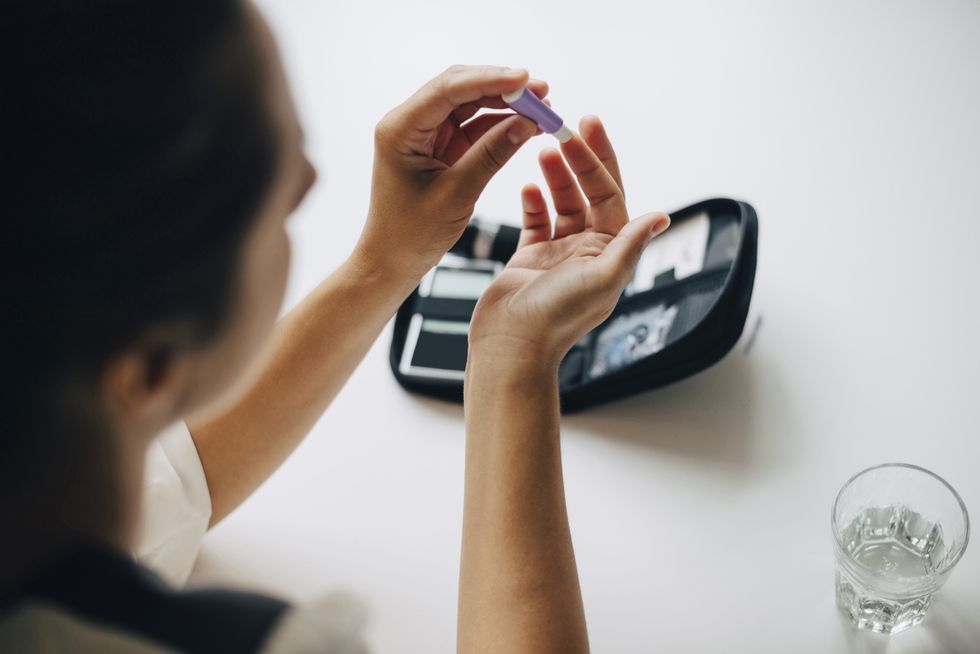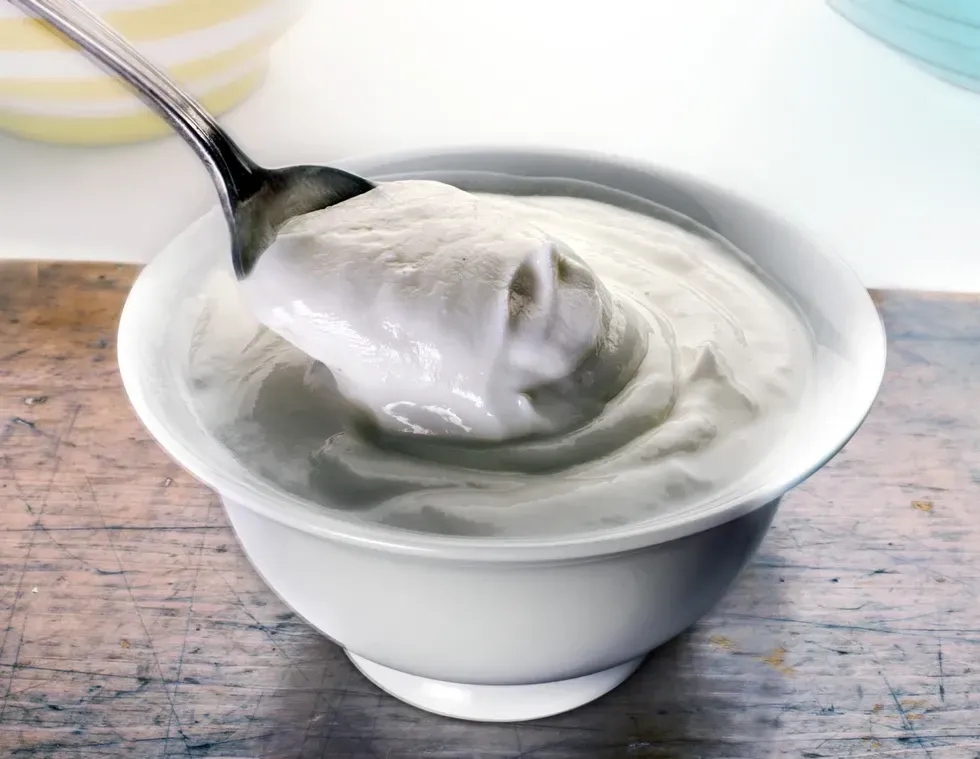'Big spikers': Blood glucose warning issued over ‘healthy' foods containing ‘as much sugar as desserts’

How to avoid diabetes: Alasdair Scott shares preventative measures
|GBN

Repeated blood sugar spikes can contribute to insulin resistance over time
Don't Miss
Most Read
Latest
Blood sugar management is often associated with diabetes, but in fact, many individuals may benefit just as much from controlling their glucose levels.
Over time, repeated blood sugar spikes can contribute to insulin resistance, which in turn increases the risk of diabetes and accelerates ageing.
There is a general consensus among the public that sugar-laden snacks are a diabetic’s worst enemy. But even healthy foods can harbour hidden dangers, an expert has warned.
Speaking on behalf of Saga, qualified health coach and Parliamentary advisor Steve Bennett revealed some surprising eating habits that spike blood sugar.

Dieters can quell blood sugar spikes by adjusting the order of their food intake
| GETTY“Ultra-processed carbohydrates like white bread, sugary cereals, pasta, and baked goods lack fibre and digest rapidly into sugar,” he explained.
“Hidden sugars in ‘healthy’ foods like granola bars, fruit juices, low-fat yoghurts, and smoothies often contain as much sugar as desserts and are big spikers.
“Unexpected culprits like rice cakes (which have a higher glycaemic index than sugar), dried fruit, sushi with white rice, and even sweet potato fries can trigger large glucose spikes.”
Britons looking to stabilise blood sugar levels throughout the day are encouraged to make healthier dietary choices.
Steve recommends eating certain foods in a specific order to control how quickly sugar enters the blood system.
Eating high-fibre foods before a meal, for example, can significantly reduce blood sugar spikes. Dieters should aim to consume a salad or a portion of raw vegetables before a carb-heavy meal.
They may also benefit from combining carbohydrate-rich foods with protein and healthy fats to slow digestion and moderate glucose impact.
LATEST DEVELOPMENTS

Low-fat yoghurts often contain hidden sugars
|GETTY
“The best time to have a sugar-rich treat is within 30 minutes of a high-fibre, balanced meal. This allows your body to process the sugar more effectively and reduce spikes,” Steve explained.
“Our bodies become more insulin-resistant in the evening, meaning the same food eaten at night causes a higher glucose response than if eaten earlier in the day.
“Nighttime spikes disrupt sleep quality, impair overnight cellular repair, and contribute to morning brain fog.
“They also interfere with growth hormone release, which happens primarily during deep sleep and is essential for tissue repair and metabolic health.”










